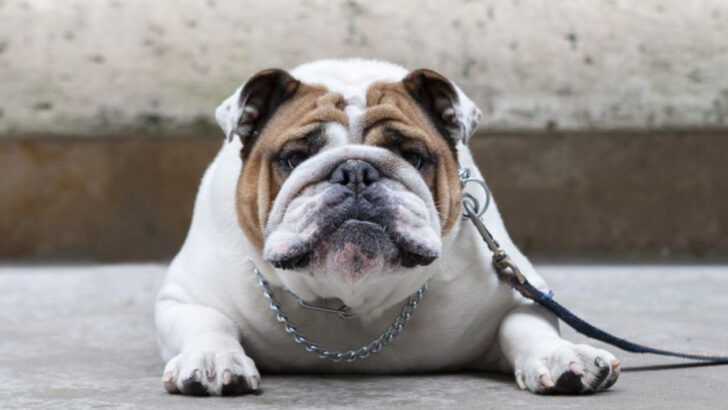Some dogs are a dream to train. Others? Let’s just say even the most seasoned trainers would rather wrestle an alligator than try to teach them “sit.”
While every dog has potential, some breeds are known for their stubborn streaks, unpredictable behavior, or sheer independence. They don’t care about your commands, your treats, or your carefully planned training sessions. They do what they want—on their terms.
Even professional trainers, who have worked with hundreds of dogs, draw the line at certain breeds. Whether it’s their sharp instincts, intense guarding tendencies, or an unmatched drive that makes them unpredictable, these dogs are not for the faint of heart.
If you’ve ever wondered which breeds make trainers throw up their hands and walk away, here’s the list of 20 dogs that even the pros won’t touch—no matter how big the paycheck!
Chow Chow
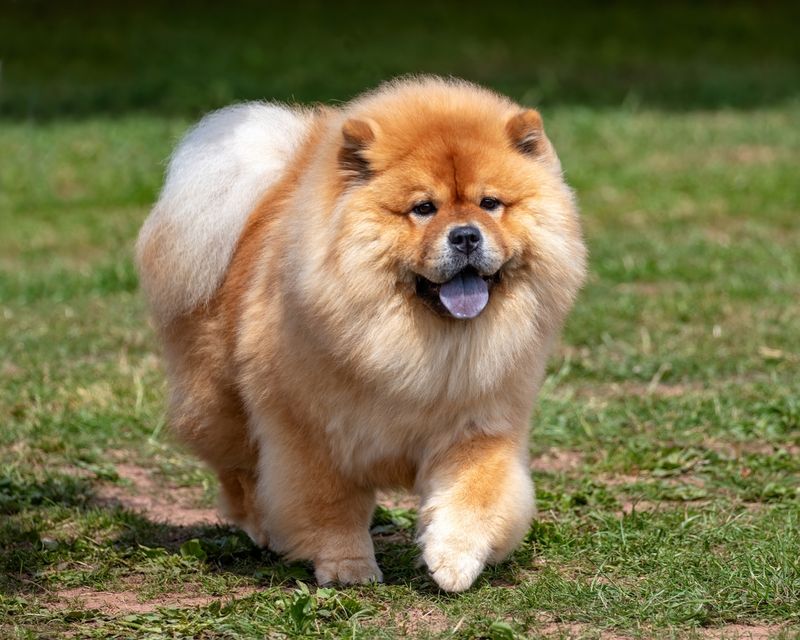
Chow Chows are known for their aloof and independent nature, making them particularly challenging for trainers. Their strong-willed temperament often leads to stubbornness, requiring patience and consistent training methods. Chow Chows are fiercely loyal to their families but can be wary of strangers, making socialization a crucial part of their upbringing.
Their dominant personality often leads to territorial behavior, which can be difficult to manage without expert guidance. These dogs require an owner who is firm yet gentle, understanding the balance between discipline and affection. Trainers often find them unpredictable, adding to their complexity.
Afghan Hound
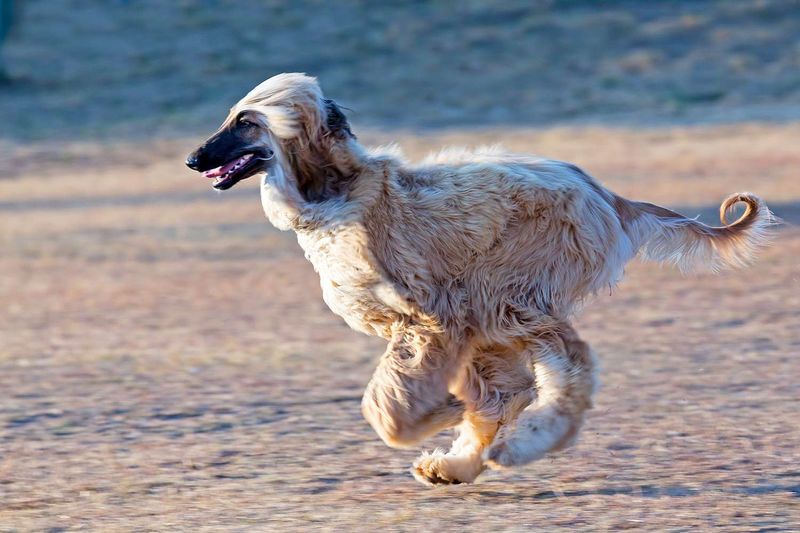
The Afghan Hound is celebrated for its elegance and beauty, but its independent nature poses challenges for trainers. Known for being aloof and sometimes stubborn, these dogs require a lot of patience and innovative training techniques. The Afghan Hound’s high prey drive means they can be easily distracted, especially when outdoors.
Their sensitivity to harsh training methods makes positive reinforcement essential. Training an Afghan Hound demands creativity and understanding of their unique personality traits, which can be too much for some trainers. Their regal demeanor and independent spirit make them a breed apart.
Basenji
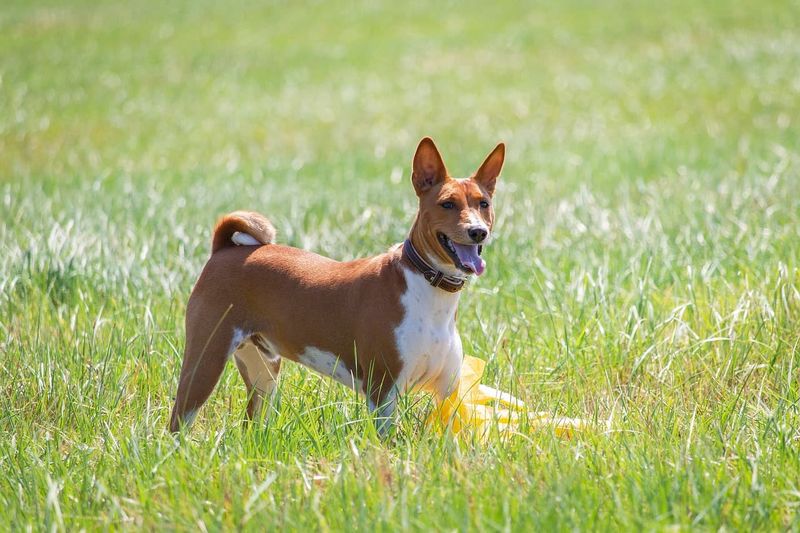
Basenjis are often called the “barkless dog,” but their quiet nature doesn’t mean they’re easy to train. Known for their intelligence and curiosity, Basenjis require mental stimulation and engagement. Their cat-like independence can lead to stubbornness, challenging trainers at every turn.
These dogs have a strong prey drive, making leash training a necessity. Their aloofness towards strangers and selective hearing adds another layer of complexity. Trainers often find their unpredictable behavior and need for constant stimulation demanding. Basenjis are perfect for those who appreciate a quirky, independent companion.
Bulldog
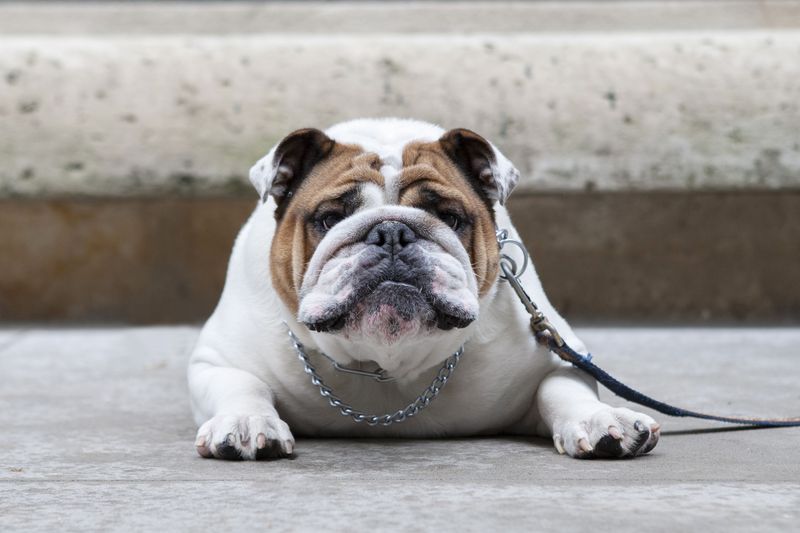
Bulldogs are famous for their calm and friendly demeanor, but their stubbornness can be a trainer’s nightmare. Their laid-back attitude often translates into a reluctance to follow commands, requiring innovative training techniques. Bulldogs may exhibit selective hearing, choosing when and if they want to obey.
Their short snouts make physical exercises a challenge, necessitating careful training regimens. Trainers must be patient, creative, and ready to adapt to the Bulldog’s unique personality. Despite their challenges, Bulldogs are adored for their quirky charm and loyalty, making them worth the effort for the right owner.
Dalmatian
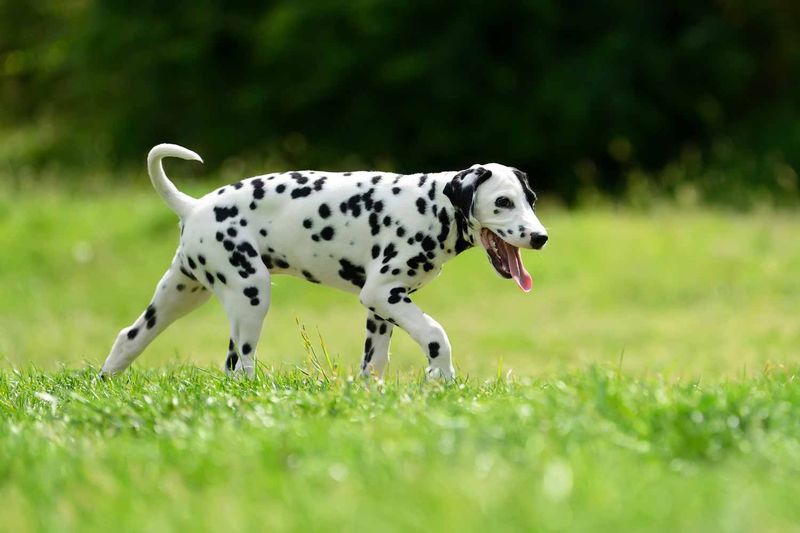
Dalmatians are known for their striking appearance and abundant energy, making them both fascinating and challenging. Their high energy levels demand constant attention and creative training methods to keep them engaged. Dalmatians are intelligent yet independent, often testing the limits of their trainers’ patience.
Socialization is critical for Dalmatians, as they can be wary of strangers and other animals. Their playful nature can sometimes lead to mischievous behavior if not properly channeled. Trainers need to be innovative and consistent, understanding the balance between discipline and fun. Dalmatians require an owner who can match their zest for life.
Jack Russell Terrier
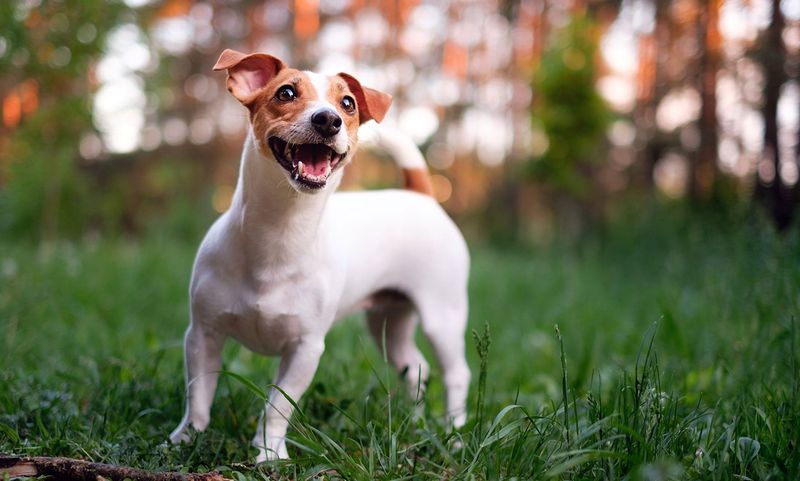
Jack Russell Terriers are small but mighty, known for their boundless energy and intelligence. These traits make them both delightful and challenging for trainers. Their high energy levels can lead to hyperactivity, requiring innovative training techniques to keep them focused.
Jack Russells are intelligent and often learn quickly, but their stubbornness can be a hurdle. They need mental stimulation and consistent training to prevent boredom-induced mischief. Trainers must be creative and patient, ready to adapt to the Jack Russell’s ever-changing moods. Their tenacity and spirit are both their greatest strengths and challenges.
Rottweiler
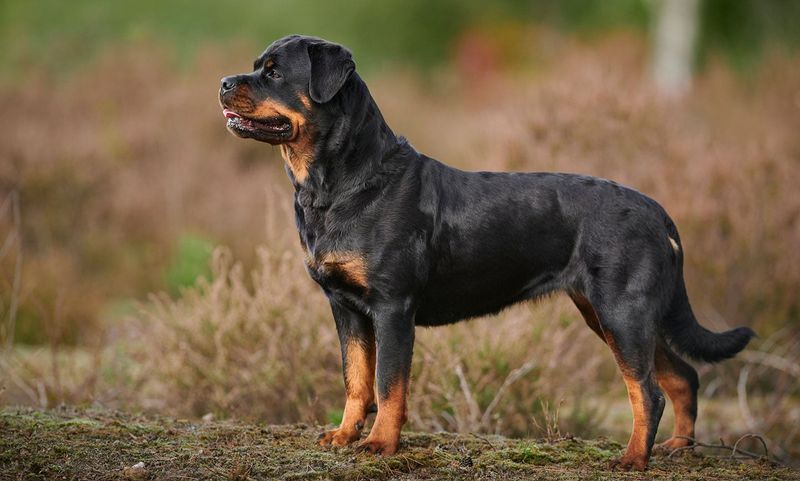
Rottweilers are known for their strength, loyalty, and protective nature, characteristics that often require a skilled trainer to manage. Their protective instincts can lead to territorial behavior, needing careful socialization from a young age. Rottweilers are intelligent and usually excel in training when positive methods are used.
However, their dominant personality demands a firm yet gentle approach, balancing discipline with affection. Consistent training and socialization are vital to prevent aggressive tendencies. Trainers must understand the Rottweiler’s unique personality, working to channel their energy and strength positively. A well-trained Rottweiler is a loyal and loving companion.
Alaskan Malamute
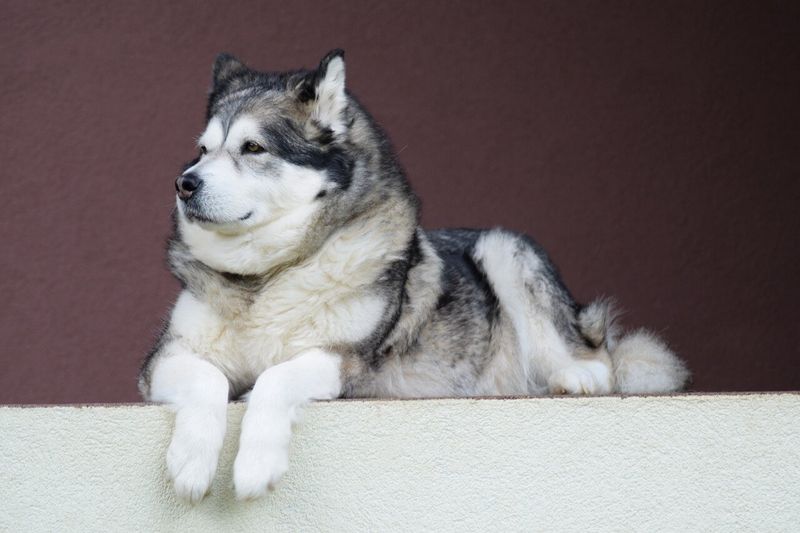
Alaskan Malamutes are majestic and powerful, known for their endurance and independence. These traits make them both impressive and challenging for trainers. Their strong-willed nature requires a firm yet gentle approach, emphasizing the importance of positive reinforcement.
Malamutes can be stubborn and may test boundaries, requiring consistent training methods. Their high energy levels demand regular physical activity and mental stimulation. Trainers must be creative, patient, and ready to adapt to the Malamute’s needs. Understanding their unique heritage and instinctual behaviors is key to successful training. Malamutes are best suited for experienced owners who appreciate their wolf-like qualities.
Chihuahua
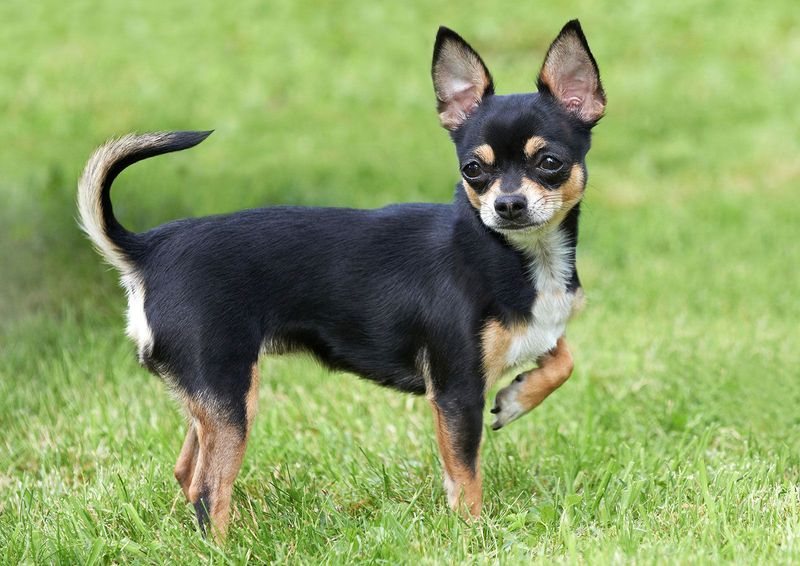
Chihuahuas may be tiny, but their personalities are anything but small. Known for their boldness and feistiness, they often challenge trainers with their stubbornness. Chihuahuas are intelligent but can be selective in obedience, requiring innovative training methods.
Their small size often leads to protective behavior, particularly towards their owners. Socialization is crucial to prevent aggressive tendencies towards strangers. Trainers need to be patient and gentle, understanding the Chihuahua’s unique personality and quirks. Despite their challenges, Chihuahuas are adored for their loyalty and spirited nature. They thrive with owners who appreciate their zest for life.
Shiba Inu
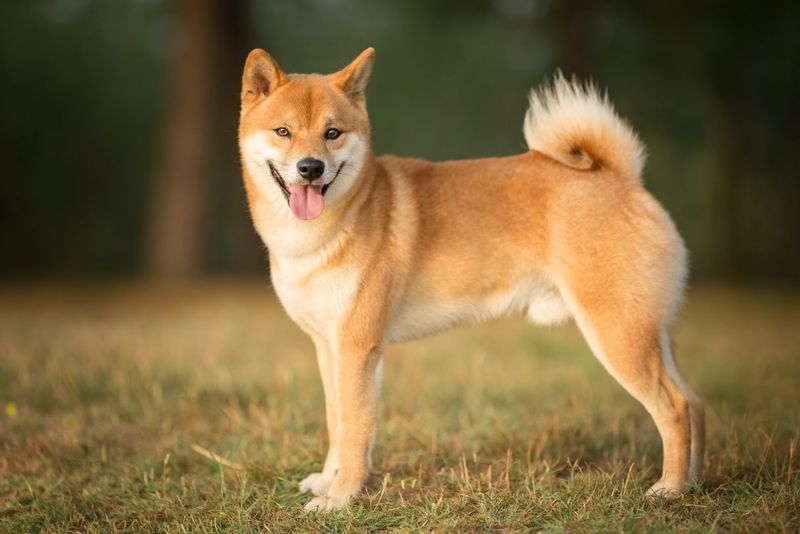
Shiba Inus are known for their spirited and independent nature, characteristics that often pose challenges for trainers. These dogs are intelligent but can be stubborn, requiring creativity and patience in training. Shiba Inus have a strong prey drive, making leash training essential.
Their aloofness towards strangers demands careful socialization from a young age. Trainers must understand the Shiba Inu’s unique personality, balancing discipline with positive reinforcement. Their independence can lead to selective hearing, testing the limits of even the most experienced trainers. Shiba Inus are best suited for owners who appreciate their unique spirit and dignity.
Dogo Argentino
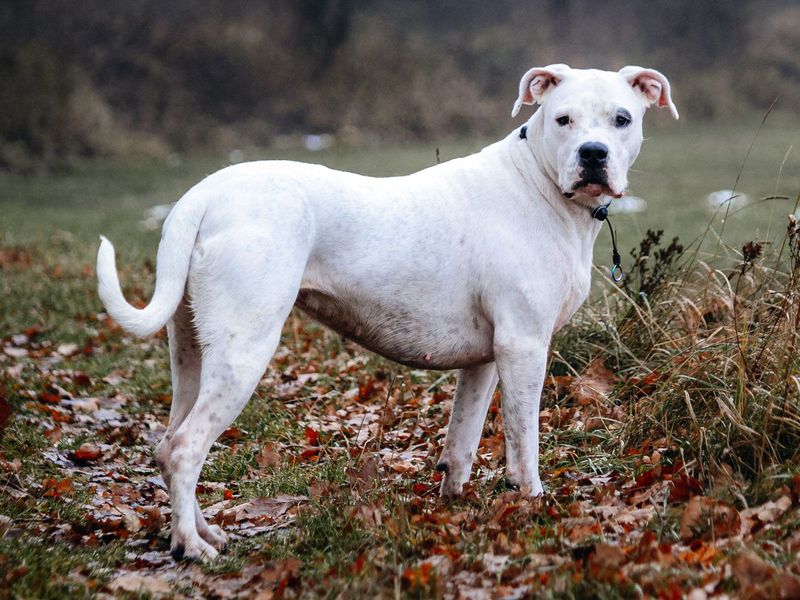
Dogo Argentinos are powerful and athletic, known for their strength and protective instincts. These traits make them both impressive and challenging for trainers. Their dominant personality requires a firm yet gentle approach, emphasizing positive reinforcement.
Socialization is crucial for Dogo Argentinos to prevent aggressive tendencies towards strangers and other animals. Trainers must be patient, consistent, and ready to adapt to their unique needs. Understanding the Dogo Argentino’s heritage and instinctual behaviors is key to successful training. These dogs thrive with experienced owners who can provide the guidance and structure they need to excel.
Pekingese
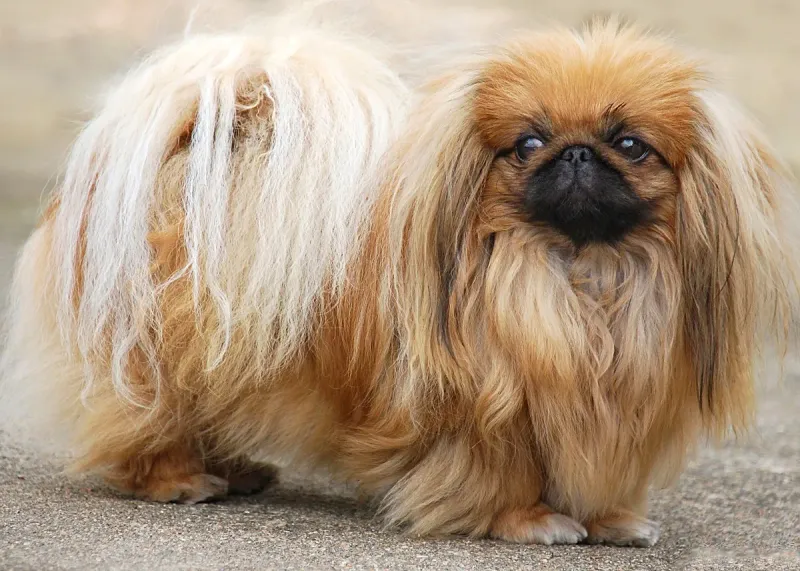
Pekingese are known for their regal appearance and independent spirit, characteristics that make them both charming and challenging for trainers. These dogs are intelligent but can be stubborn, requiring creative and patient training methods.
Their aloofness can lead to selective obedience, testing the limits of even the most experienced trainers. Socialization is essential to prevent aggressive tendencies towards strangers. Trainers must understand the Pekingese’s unique personality, balancing discipline with affection. Despite their challenges, Pekingese are adored for their loyalty and dignity, thriving with owners who appreciate their unique charm.
Akita
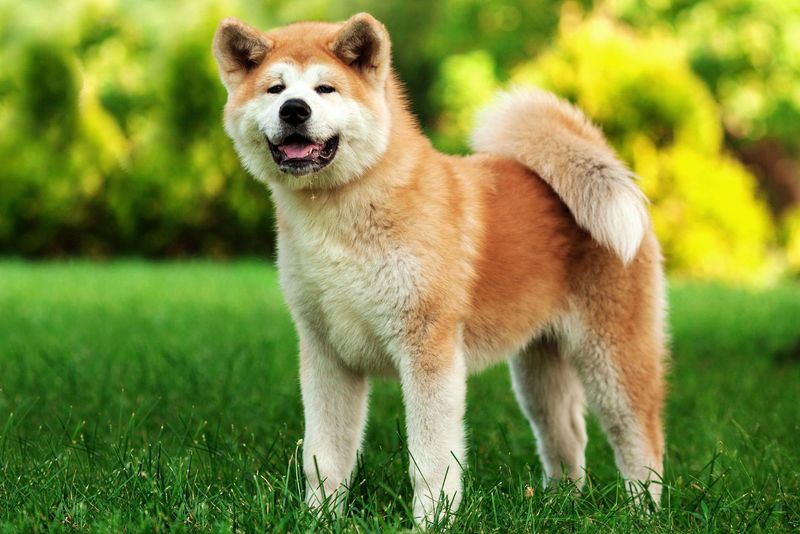
Akitas are known for their strength, loyalty, and independence, traits that often require a skilled trainer to manage. Their dominant personality demands a firm yet gentle approach, emphasizing positive reinforcement. Socialization is crucial to prevent aggressive tendencies, particularly towards strangers.
Akitas are intelligent and usually excel in training when approached with consistency and patience. Trainers must understand the Akita’s unique personality, working to channel their energy positively. These dogs thrive with experienced owners who can provide the guidance and structure they need to excel. A well-trained Akita is a loyal and loving companion.
Weimaraner
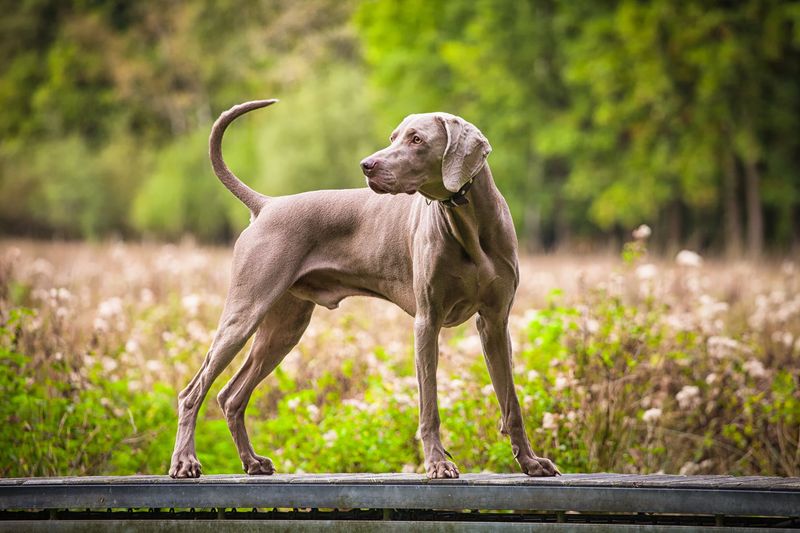
Weimaraners are known for their energy, intelligence, and independence, traits that make them both fascinating and challenging for trainers. Their high energy levels require regular physical activity and mental stimulation to prevent boredom-induced mischief.
Weimaraners are intelligent but can be stubborn, requiring innovative training techniques. Socialization is essential to prevent wary behavior towards strangers. Trainers must be patient, creative, and ready to adapt to the Weimaraner’s unique needs. Understanding their heritage as hunting dogs is key to successful training. Weimaraners thrive with owners who can match their zest for life.
Shar Pei
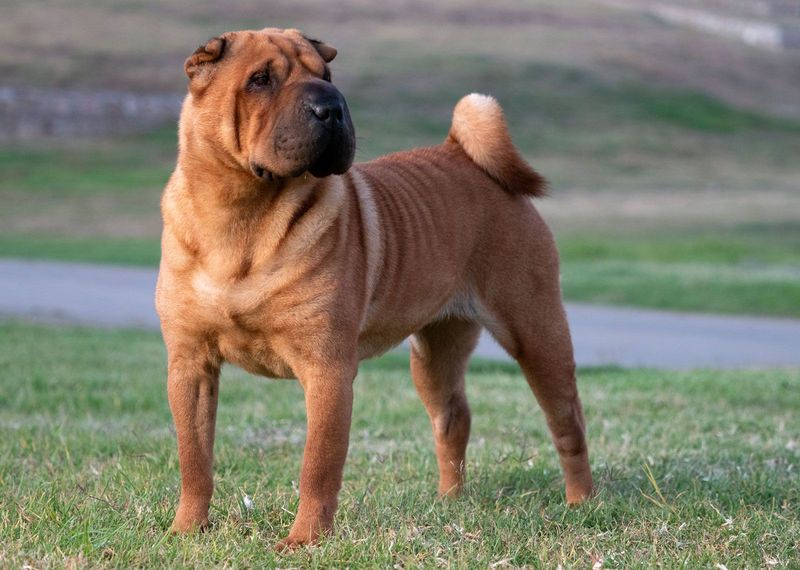
Shar Peis are known for their unique appearance and independent spirit, characteristics that make them both charming and challenging for trainers. These dogs are intelligent but can be stubborn, requiring creativity and patience in training.
Their aloofness towards strangers demands careful socialization from a young age. Trainers must understand the Shar Pei’s unique personality, balancing discipline with positive reinforcement. Their independent nature can lead to selective hearing, testing the limits of even the most experienced trainers. Shar Peis are best suited for owners who appreciate their unique charm and dignity.
Cane Corso
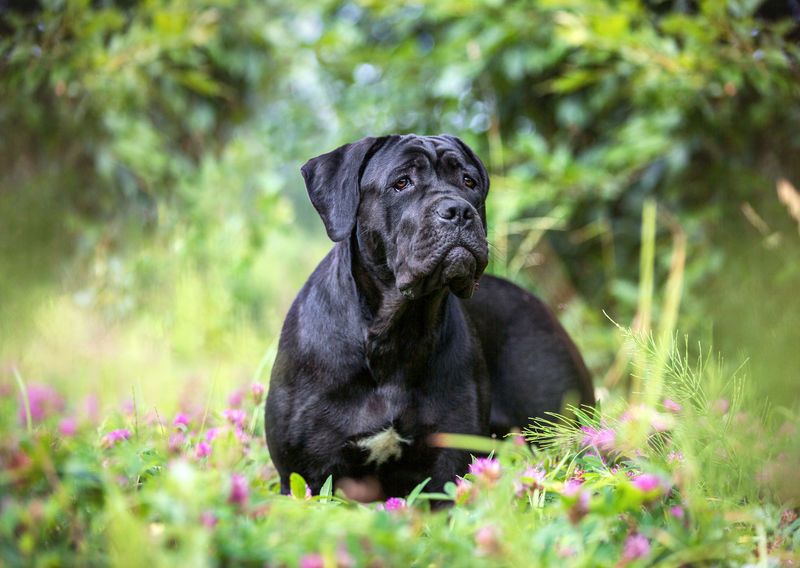
Cane Corsos are powerful and athletic, known for their strength and protective instincts. These traits make them both impressive and challenging for trainers. Their dominant personality requires a firm yet gentle approach, emphasizing positive reinforcement.
Socialization is crucial for Cane Corsos to prevent aggressive tendencies towards strangers and other animals. Trainers must be patient, consistent, and ready to adapt to their unique needs. Understanding the Cane Corso’s heritage and instinctual behaviors is key to successful training. These dogs thrive with experienced owners who can provide the guidance and structure they need to excel.
Korean Jindo
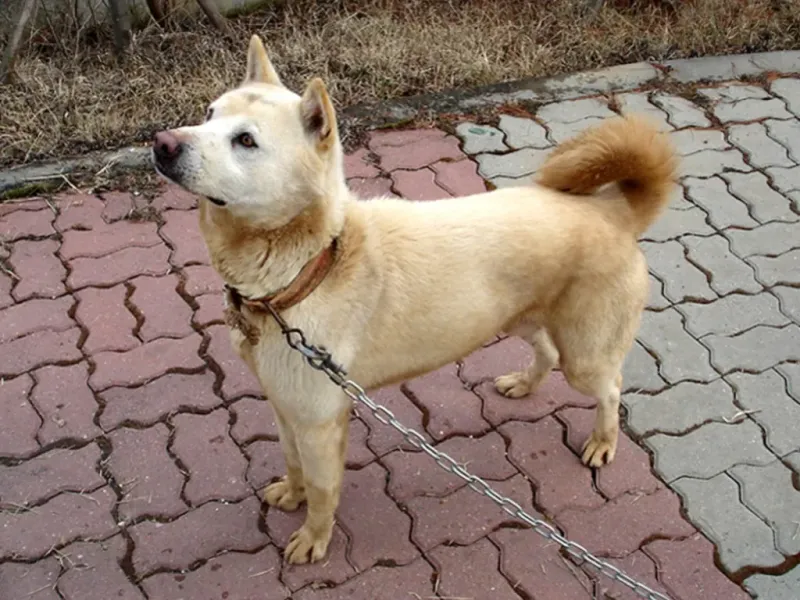
Korean Jindos are known for their independence and loyalty, traits that make them both fascinating and challenging for trainers. These dogs are intelligent but can be stubborn, requiring creative and patient training methods. Their aloofness towards strangers demands careful socialization.
Trainers must understand the Jindo’s unique personality, balancing discipline with positive reinforcement. Their strong prey drive and need for mental stimulation add complexity to training. Jindos thrive with owners who appreciate their unique spirit and can provide the guidance they need. Despite their challenges, they are beloved for their loyalty and dignity.
Bulldog Francese
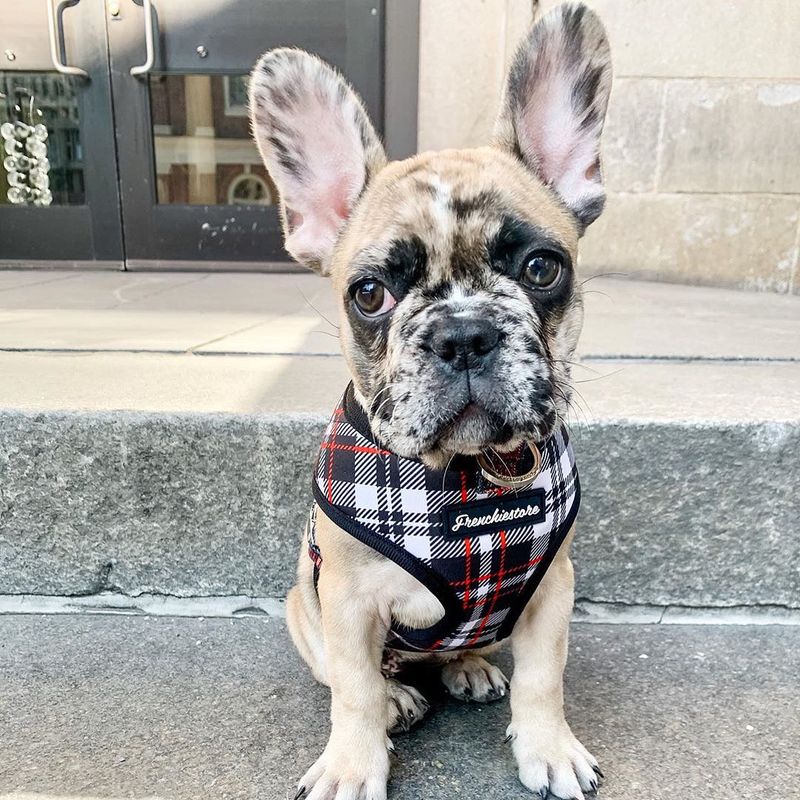
Bulldog Franceses are known for their charming appearance and stubborn nature, traits that make them both delightful and challenging for trainers. These dogs are intelligent but can be selective in obedience, requiring innovative training methods.
Their laid-back attitude often translates into a reluctance to follow commands, needing patience and creativity. Trainers must understand the Bulldog Francese’s unique personality, balancing discipline with affection. Socialization is crucial to prevent aggressive tendencies. Despite their challenges, they are adored for their quirky charm, thriving with owners who appreciate their unique character.
Borzoi
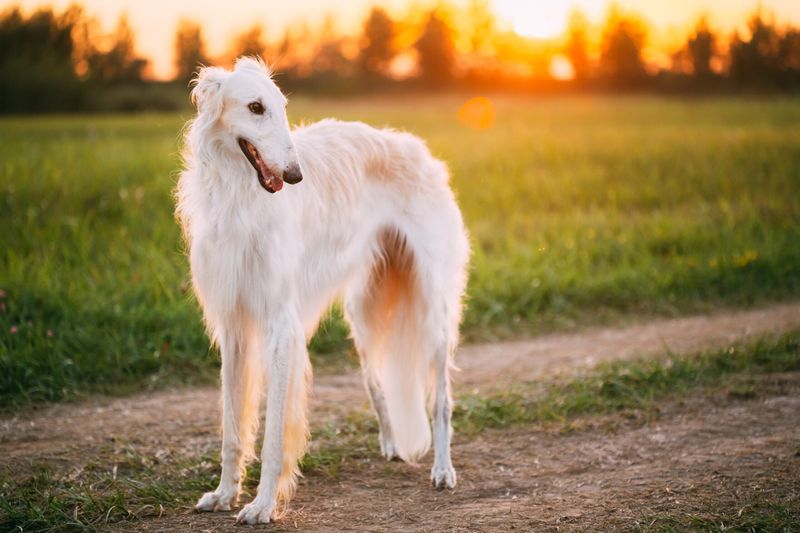
Borzoi are known for their elegance and independence, characteristics that make them both fascinating and challenging for trainers. These dogs are intelligent but can be aloof, requiring patience and creativity in training. Their strong prey drive makes leash training essential.
Socialization is crucial to prevent wary behavior towards strangers. Trainers must understand the Borzoi’s unique personality, balancing discipline with positive reinforcement. Their independent nature can lead to selective hearing, testing the limits of even the most experienced trainers. Borzois thrive with owners who appreciate their unique charm and dignity.
Komondor
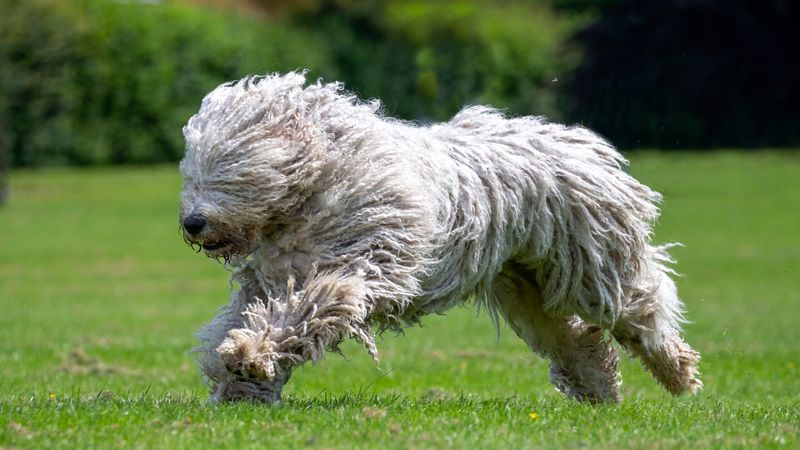
The Komondor, with its distinctive long, corded coat, often resembles a mop on four legs. Originally bred in Hungary to guard livestock, this breed is fiercely independent and strong-willed. These traits, while admirable, can make training a daunting task. Komondors are known for their protective instincts and can be wary of strangers, making socialization crucial yet challenging.
Their intelligence is matched by a stubborn streak, requiring trainers to employ creativity and patience. Despite their imposing appearance, Komondors are surprisingly agile and require ample space to roam. This breed is not for the faint-hearted and demands a committed, experienced owner.

